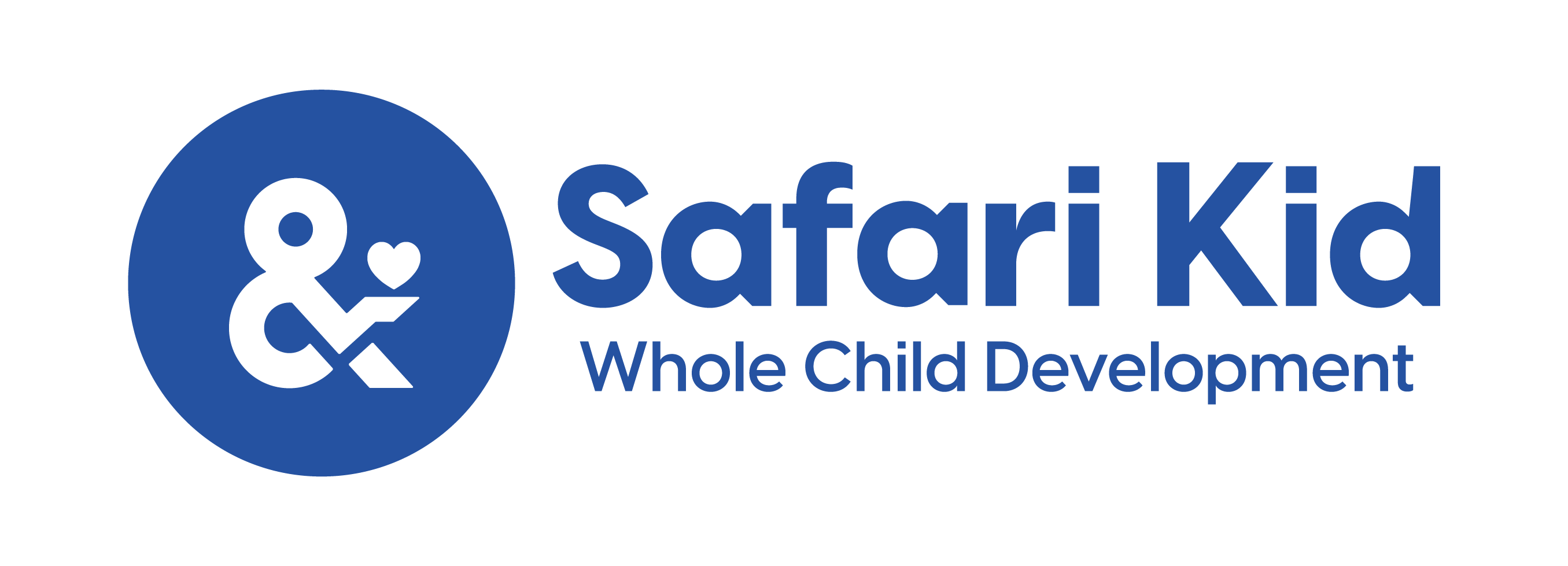Mindful Beginnings: Cultivating Peaceful Hearts & Calm Minds in Children

In the hustle-bustle of life, stress can sneak in without prior notice. Parental anxiety, whether streaming from work, relationships, or long commutes, can affect moods, alter attitudes, and cause parents to become unaware of their child's needs. Children often pick up on their parents' stress, and it impacts their daily lives, including their experiences at school. They might feel uncared for, neglected, or anxious in such environments. Parents should help children navigate through the challenges, provide stability and care to make them feel safe, valued, and be able to thrive emotionally. Additionally, schools and daycare are secondary caregivers where children spend a considerable amount of their time. Preschools along with teachers are also responsible for creating a nurturing environment for little ones by implementing mindful practices for their overall well-being.
Picture this: A child who can navigate through the challenges of the day, knows how to calm himself when they're upset, can focus better, handle stress quickly, and truly enjoy each moment. Sounds amazing, right?
Mindfulness can be a game-changer in this scenario.
In this blog, we will discuss some simple and easy mindfulness activities for kids that will help little ones commence a path towards a calmer, more balanced life. Let’s see how these tips can bring about a difference between a good or bad day at school and affect long-term happiness as well.
So what do you mean by mindfulness?
Mindfulness meditation teaches you to acknowledge your perceptions and feelings without passing any judgment or making some interpretations.
Now here’s the best part; mindfulness isn’t just for adults! It is an easy yet powerful way of enabling children to develop resilience while building positive attitudes about themselves. It involves guided imagery, breathing exercises for children, and other techniques to relax the body and mind, reducing stress. Introducing relaxation techniques for preschoolers can profoundly impact their emotional well-being and overall development.
Mindfulness Practices For Children
- Preschool meditation: One way of helping children concentrate better is by having them meditate. No, we are not talking about sitting cross-legged, lighting a candle, and playing soulful music to start your affirmation. While this technique works for adults, with kids it is best to introduce open-ended methods. An example may be looking at the raisin through each sense one by one. Examine it, smell it, feel it, taste it before putting it into your mouth, chew then finally swallow. This allows learners to be more mindful of the present moment, making their experience more fulfilling and rewarding.
- Breathing exercises: Let us discuss the power of deep breaths! These aren’t just for blowing out candles on birthday cakes! Deep breathing works like a superpower that raises calm kids. It acts as a secret weapon against stress as well as anger! Particularly during class, breathing exercises improve focus and emotional regulation in kids so they can learn better.
- Practicing Yoga:From improving physical fitness and emotional learning to increasing concentration and reducing impulsivity, yoga for preschoolers is like a holy grail. Also, what makes Yoga more special among kids is the exercises can help to prepare the brain for learning! It has the power to be more active, flexible, and mindful for an increase in overall well-being.
- Fun Games: Mindfulness games for children are a fun and engaging way to help them develop focus, emotional regulation, and self-awareness. Activities like "Sensory Scavenger Hunt," where kids explore their surroundings to find objects based on touch, sound, and sight, or "Mindful Listening," where they identify different sounds around them, make it enjoyable. These games encourage kids to stay present, manage their emotions, and build a foundation for lifelong mental well-being, all while having fun.
Mindful parenting tips
Every child is unique, and effective parenting requires a personalized approach that prioritizes love and understanding. It's crucial for parents to set aside personal problems, engage in meaningful conversations, and actively participate in their child's world through play and interaction. By practicing mindful parenting—being fully present, listening attentively, and taking a moment to understand their emotions—parents can foster a supportive environment where children feel valued and understood. This approach not only strengthens parent-child bonds but also promotes healthy emotional development and resilience in children.
Golden rules of positive parenting:
- Create a safe, loving environment with consistent routines and clear boundaries.
- Use specific praise and simple, patient communication.
- Facilitate social interactions and teach empathy, while encouraging independence and problem-solving.
- Ensure your own well-being and maintain a safe, supervised environment for children.
Conclusion
Incorporating mindfulness and child relaxation exercises into early education is an affectionate voyage toward nurturing peaceful children. As we embrace mindfulness in classrooms, we create a warm, supportive environment where preschoolers can thrive. Introducing these practices at an early age is a beautiful gift, fostering courage, compassion, hopefulness, and a likelihood that will last lifelong.
Let's work together to create a world where every child's heart is joyful and every mind is peaceful, laying the foundation for a future brimming with happiness and serenity.
Written By:
Namrata Ghosh.
She is a creative content writer with over 4 years of experience, currently employed at Safari Kid Global Preschool & Daycare. With a rich and diverse portfolio, she has penned captivating pieces on everything from cybersecurity to digital marketing. Known for her creativity and dedication, Namrata consistently delivers engaging and informative content, leaving a lasting impact on every project she takes on.

